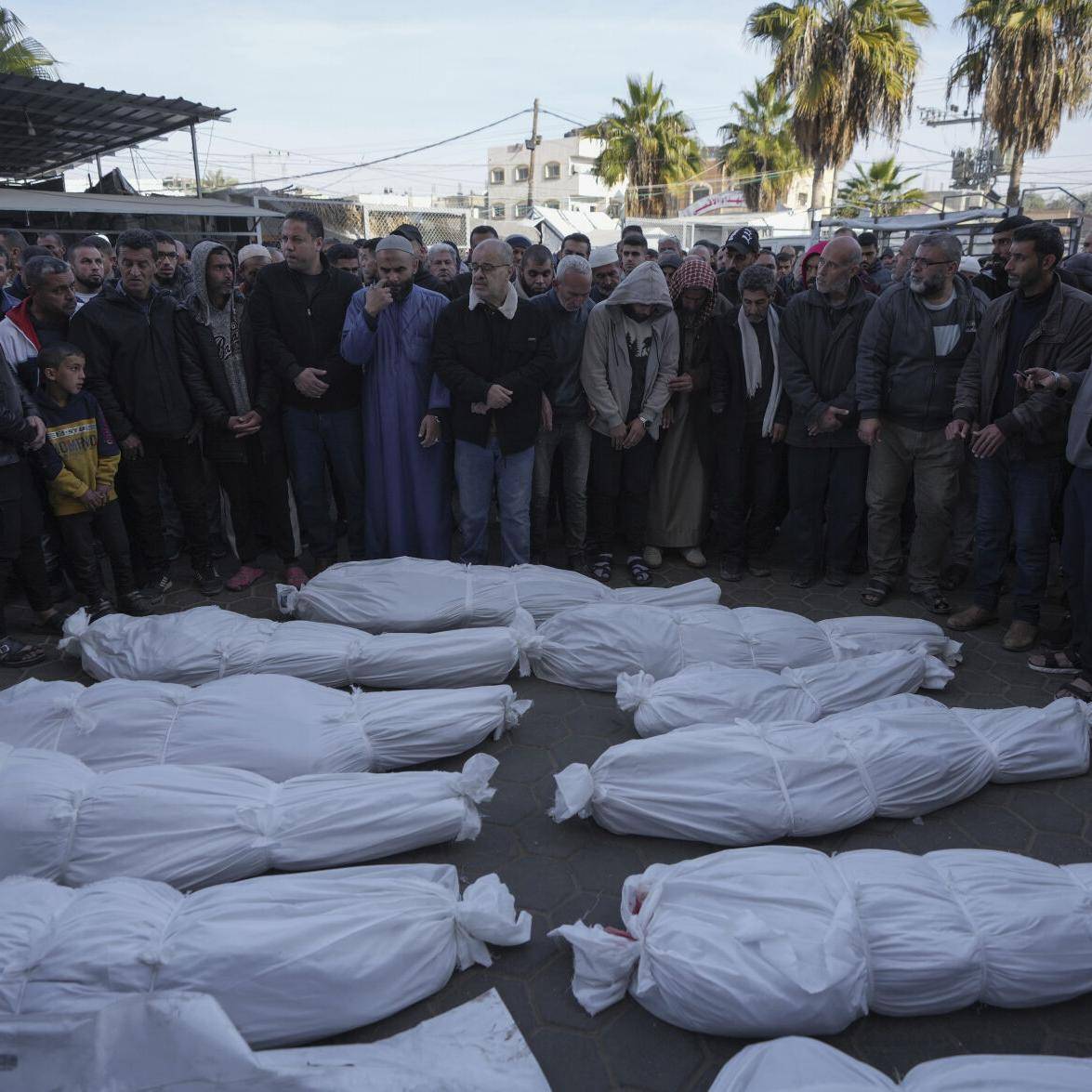Over 100 People Killed in Gaza Despite Ceasefire Agreement
More than 100 people have been killed in Gaza since a ceasefire agreement was reached, underscoring the fragility of the truce and the ongoing volatility in the region. The deaths, attributed to sporadic violence, airstrikes, and clashes, have sparked renewed concerns about the effectiveness of the ceasefire and the broader humanitarian crisis in Gaza.
Fragile Truce Undermined
The ceasefire, brokered after weeks of intense fighting between Israel and Palestinian factions, was intended to bring an end to hostilities that claimed hundreds of lives and displaced thousands. However, the latest incidents highlight the tenuous nature of the agreement, as both sides accuse each other of violations.
According to Palestinian health officials, the casualties include women and children, with many victims resulting from Israeli airstrikes targeting what the military described as “terrorist infrastructure.†Israel, meanwhile, asserts that its actions are defensive, responding to sporadic rocket fire from Gaza and alleged attempts to breach its borders.
Humanitarian Impact
The ongoing violence exacerbates an already dire humanitarian situation in Gaza. The coastal enclave, home to over 2 million people, has been under a blockade for more than 15 years, leaving residents with limited access to essential services. The recent escalation has destroyed homes, schools, and medical facilities, further straining resources.
Aid organizations have called for immediate action to address the crisis. “The ceasefire was supposed to offer a reprieve, but the reality on the ground tells a different story,†said a spokesperson for the United Nations Relief and Works Agency (UNRWA). “Families are still mourning their dead, and the cycle of violence continues.â€
International Reactions
The renewed violence has drawn criticism from the international community, with calls for both sides to adhere to the terms of the ceasefire. The United Nations and several countries have urged restraint and emphasized the need for a sustainable peace process.
U.S. Secretary of State Antony Blinken reiterated his call for calm, stating, “We are deeply concerned about the ongoing violence in Gaza. All parties must honor the ceasefire and take steps to prevent further escalation.â€
Path to Stability
The recurring violence highlights the urgent need for a lasting resolution to the Israeli-Palestinian conflict. Experts emphasize the importance of addressing the root causes of the conflict, including the blockade, settlement expansion, and the lack of progress toward a two-state solution.
Meanwhile, the people of Gaza continue to bear the brunt of the conflict, with many questioning the effectiveness of ceasefires that fail to bring lasting peace. As tensions simmer, the international community faces mounting pressure to push for dialogue and meaningful action to prevent further loss of life.


